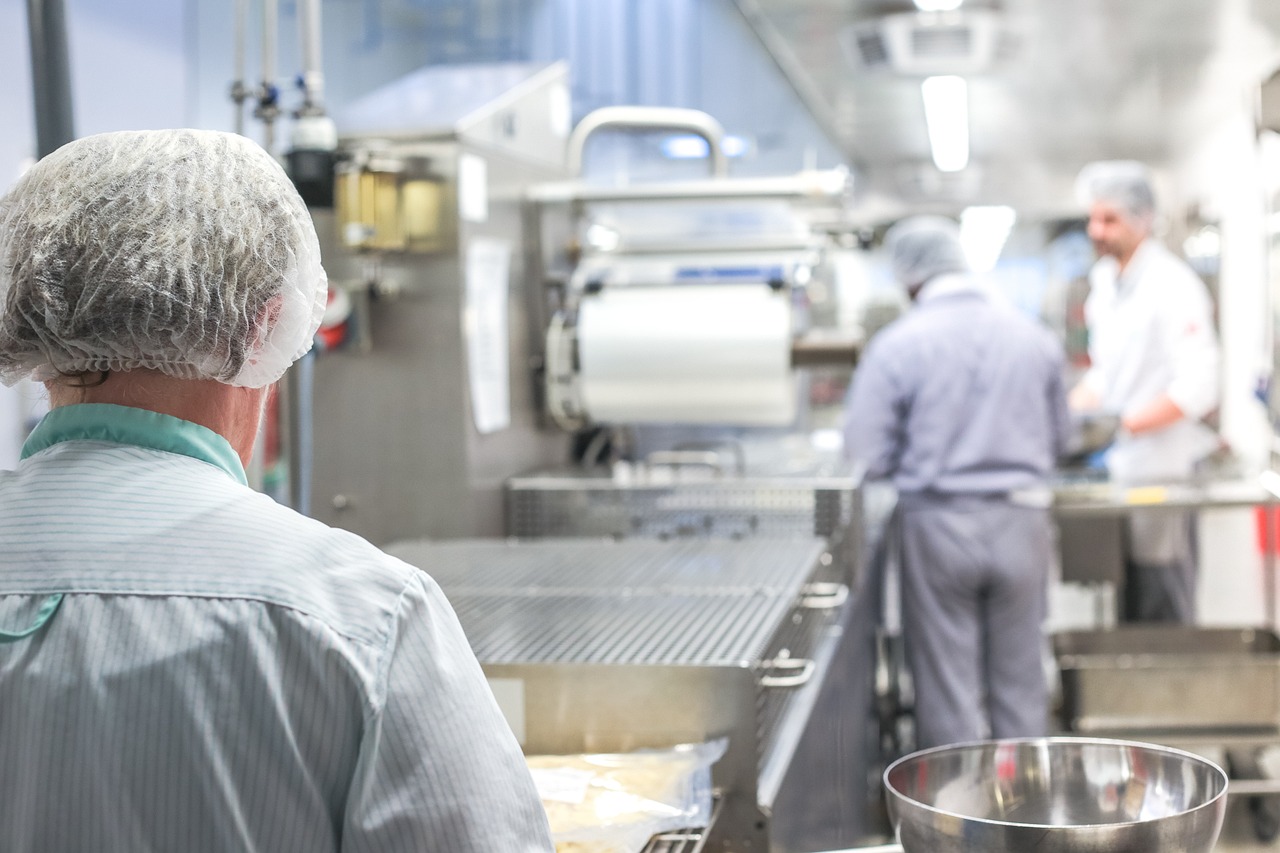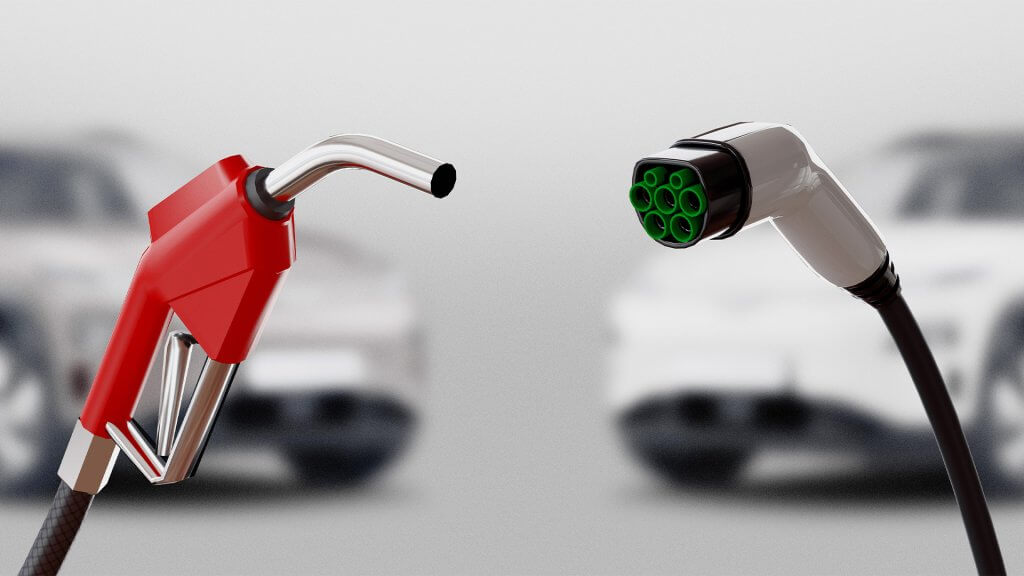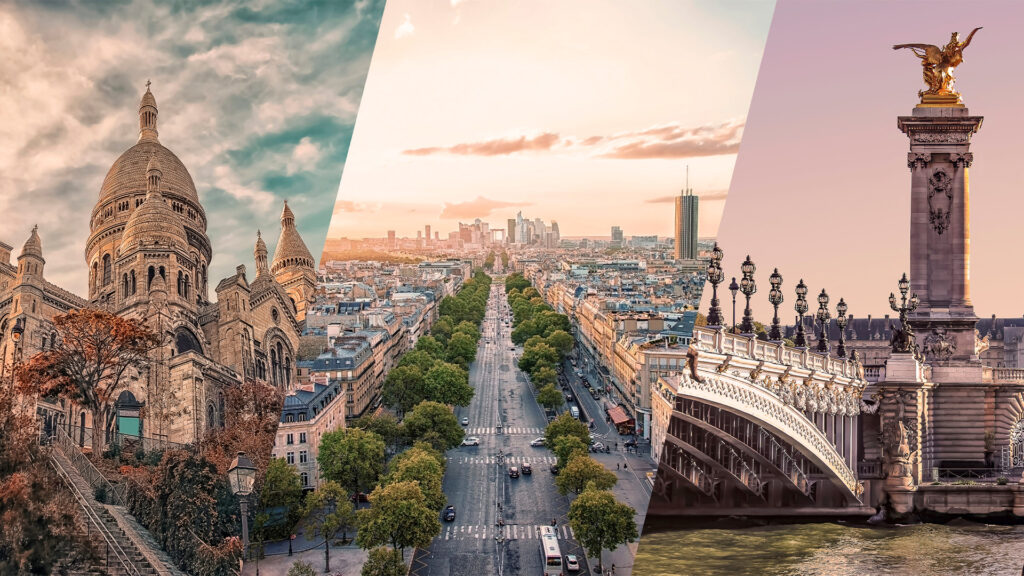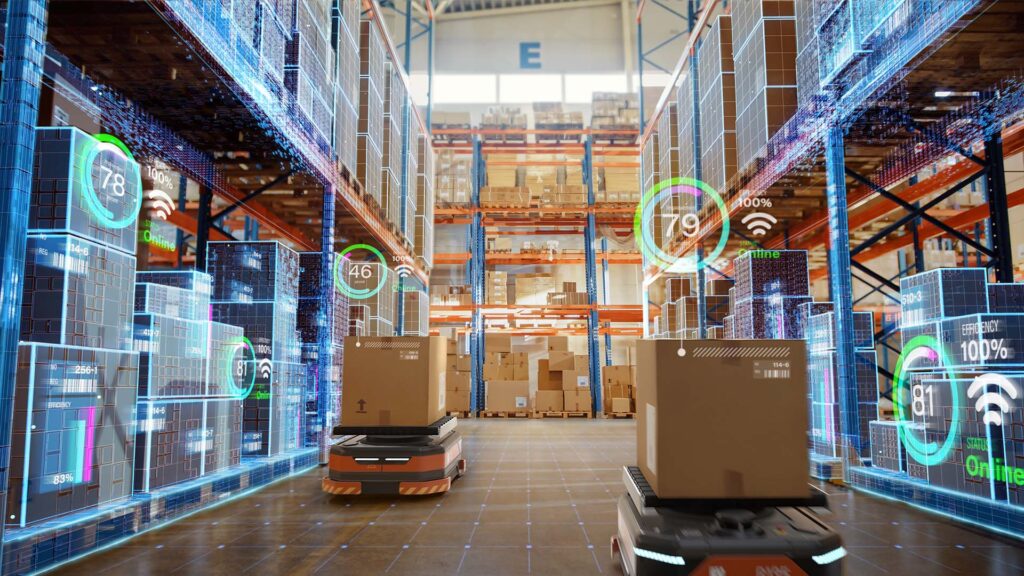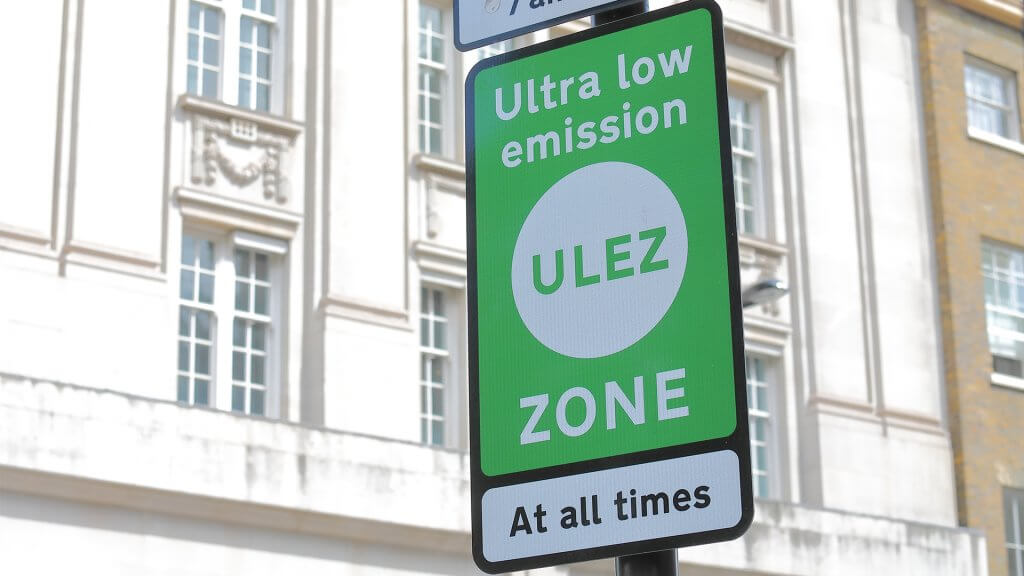Hospitality is among the most competitive industries, and businesses need to keep up with the latest trends to avoid getting left behind. Some of the most successful hospitality companies are evolving constantly, so if you want to keep up, it’s worth knowing the latest trends, from marketing efforts to processes and the latest technologies. Keeping pace with industry trends is also a great way to ensure you can deliver the best experience for your customers and clients.
Here are the latest trends in the hospitality industry.
- Health and Well-Being Hospitality
With most people prioritising health and wellness, many hotels embrace the concept of wellness tourism, a hospitality trend luring health-conscious travellers with treatments, activities, and experiences to improve overall wellbeing. For many travellers, a wellness holiday is not just about relaxing by the beach or attending yoga classes. It can also mean taking on outdoor adventures to soak up nature, such as hiking, cycling, and kayaking excursions.
Many hospitality companies are already taking advantage of the popularity of wellness holidays, launching initiatives to take advantage of this growing trend. The COVID-19 pandemic has led to the popularity of wellness travel, which was already a trend in the hospitality industry pre-Covid and is now quickly becoming the norm.
Most travellers are looking for wellness experiences that are meaningful and sustainable. They also want various benefits from their wellness holiday and seek services and programmes to address their short-term health needs. Instead of building brand-new properties, many hotels are investing in the health and wellbeing trend. They constantly look for ways to integrate wellness into their existing business operations.
- Economic Concerns
There’s no doubt that the Covid-19 pandemic has devastated the economy, especially the hospitality industry. Many countries have lost billions in domestic and international tourism, with many still recuperating from such losses. But with more people now going on “revenge travel”, the economic outlook for tourism is promising.
The post-pandemic interest in travel remains strong and will drive continued growth in the hospitality industry in the coming years. In the United States, the average daily rate has increased to more than 13%. It refers to the average rental revenue an occupied room will generate daily.
Experts have also seen a recovery in business travel as many companies have ramped up their budgets for business-related trips. Conferences, trade shows, and other business events are selling out fast, which proves the increasing interest for business professionals to get out of the office.
Indeed, the hospitality industry has plenty to look forward to in the coming years as travel demands grow faster than expected over the past few years. Studies reveal that leisure, business travel, and workations will continue to increase as more and more people embrace the remote working lifestyle.
- Safety and Hygiene
Many of the trends in hospitality have to do with safety and hygiene, which have become increasingly important now that the world is adjusting to the effects of the COVID-19 pandemic. These trends are a priority for many hotels, bars, restaurants, and cafes.
The success of any business, particularly those in the hospitality industry, is dependent on safety and hygiene. To prevent foodborne diseases, the hospitality industry should emphasise safety and hygiene, from complete washing and disinfection of glasses and serving ware to safe food handling, preparation, and storage. Accredited food hygiene training courses come in handy in this situation to ensure that all food industry professionals are well-equipped with the knowledge and skills necessary to maintain the highest standards
Hygiene and safety remained a priority for many businesses this post-pandemic. Measures include providing hand sanitizers and increasing the cleaning of public areas. Many travellers also demand that their rooms be sanitised and thoroughly cleaned. They are also vigilant about using public amenities like the gym, spa, and lounge areas.
According to a survey, many guests prefer to stay in hotels with health and safety protocols in place. In addition, almost 80% believe businesses providing hospitality services should have a clear outline of preventive measures to ensure health and safety.
- Smart Hotel Technology
Hospitality is one of those industries leading the way to innovation, with many hotels now investing in smart technologies to improve business operations and enhance guest experiences. Guests are becoming more tech-savvy and prefer to stay at businesses implementing smart technologies. As innovation continues to improve, hospitality will soon find many new technologies in the industry in the coming years.
Leveraging smart technology can have two main benefits – enhanced guest experience and improved operation. On the guest experience aspect, technology will allow guests to enjoy more personalised services since these technologies can deliver customisations, such as communication preferences and preferred language. Smart hotel technologies can also provide a more seamless check-in experience while providing guests with tools to customise room settings, from lighting to temperature.
Businesses can also benefit from improved operations. One of smart hotel technology’s most exciting features is automation, which can lessen the tasks of employees and improve business operations. For instance, they can automate routine tasks like sending automated emails and invoices. These tasks can take several hours of work from your staff. They can use this time for more essential work.
- Artificial Intelligence
Like in many other industries, the hospitality industry is taking advantage of the capabilities of artificial intelligence (AI). Many businesses have integrated chatbots into their customer service operations, and many websites now do not involve human interaction when assisting customers. This technology has helped visitors address their inquiries, process bookings, and check in guests without human interaction.
Aside from chatbots, many hospitality businesses are integrating recognition technology through AI, allowing guests to enter their rooms without going through reception using face or fingerprint recognition.
Many hospitality businesses integrate AI software for preventive maintenance, reducing downtime and ensuring smooth operation daily. Furthermore, AI allows some companies to use voice-activated devices to control room features or access guest information.
